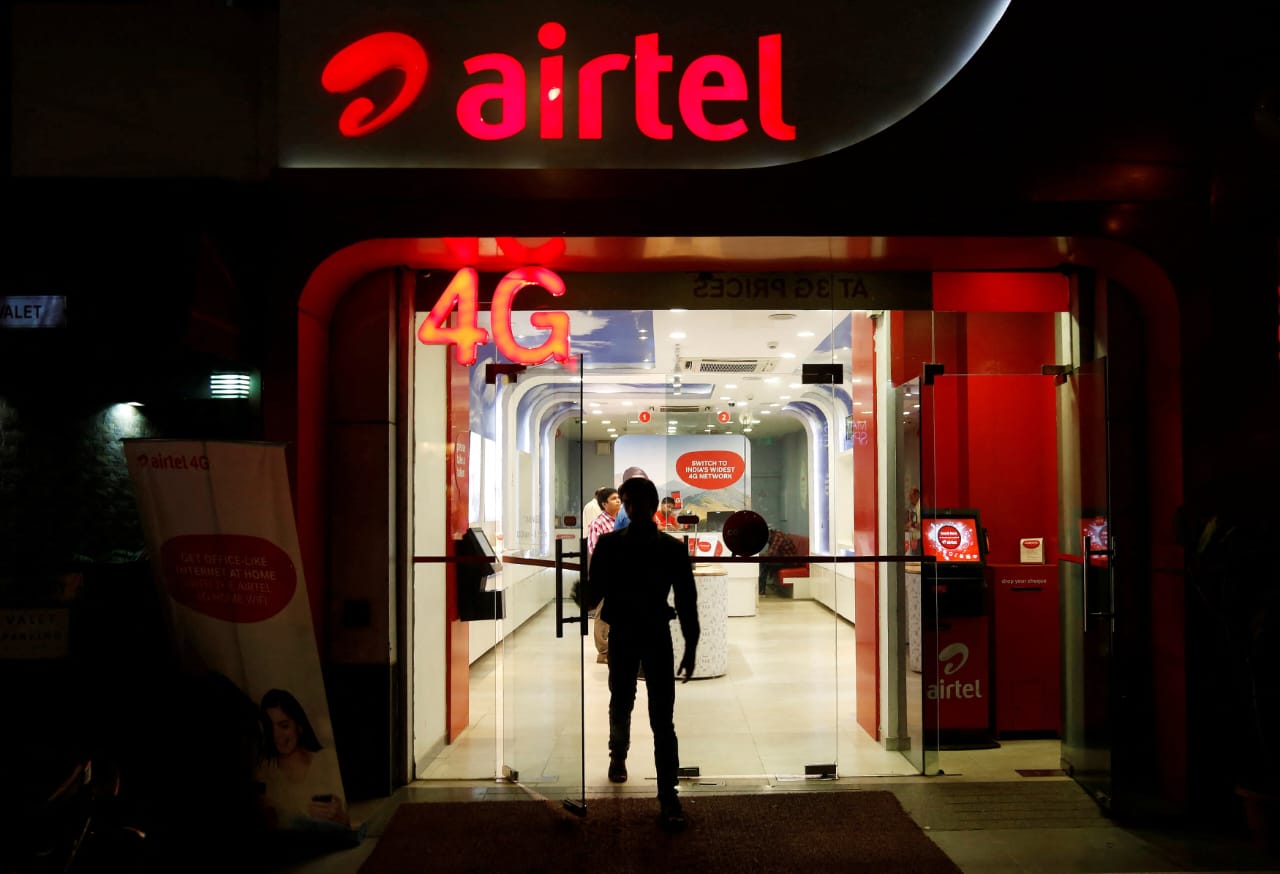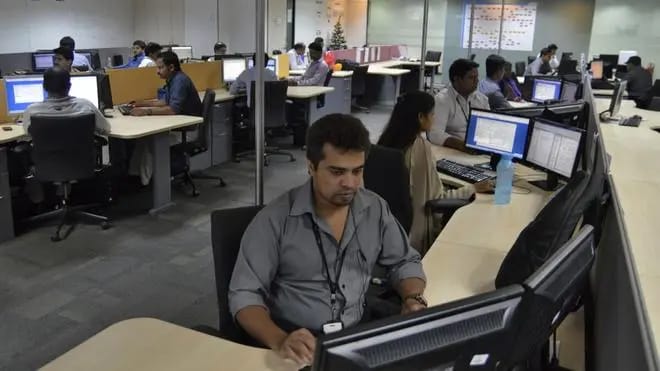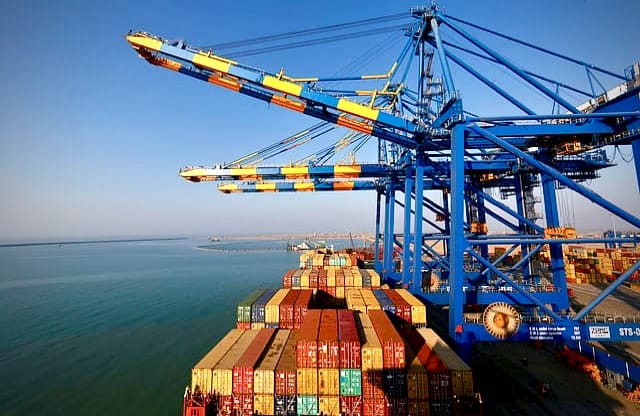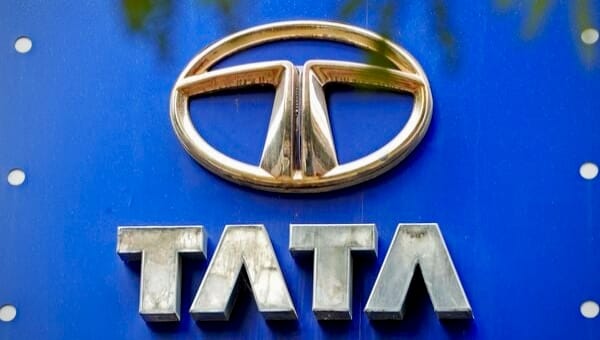
Summary
-
Singtel sold a 0.8% stake in Bharti Airtel for ₹10,350 crore ($1.24B) through block trades, reducing its holding to 28.3%.
-
The sale is part of Singtel’s $4.45B capital recycling plan to fund its 5G rollout and digital business expansion.
-
Proceeds strengthen Singtel’s financial flexibility, supporting debt reduction and future dividends.
-
The transaction, priced above Airtel’s market value, highlights strong institutional demand and strategic positioning.
-
Singtel’s shift toward enterprise 5G, tech infrastructure, and cybersecurity marks a long-term pivot from mature regional assets.
Singapore’s Singtel sold a 0.8% stake in India’s Bharti Airtel for ₹10,350 crore ($1.24 billion), cutting its holding to fund 5G expansion and new digital businesses.
This divestment, involving 49.0 million shares, reduced Singtel’s interest in Airtel from 29.1% to 28.3%. It forms a key part of Singtel’s broader S$6 billion ($4.45 billion) capital recycling program, explicitly enabling the company to reallocate funds for its crucial 5G network rollout and new digital ventures.
The ₹10,350 crore ($1.24 billion) proceeds will significantly enhance Singtel’s financial flexibility and reduce debt. These funds are earmarked for its substantial S$4 billion ($2.97 billion) 5G network rollout, investment in enterprise digital services, and potential dividend boosts.
Jeremy Lim, Senior Equity Analyst at DBS Bank, notes this reflects Singtel’s disciplined portfolio management, “shedding mature assets to fund future-proof businesses like data centers and cybersecurity, essential for value creation.”
For Bharti Airtel, India’s second-largest telecom operator, the sale alters ownership but not operations. Airtel reported Q3 FY24 revenue up 11.2% year-on-year to ₹38,054 crore ($4.56 billion). Its shares closed up 1.2% at ₹1,123.65, showing market absorption without disruption.
Singtel’s relationship with Bharti Airtel began two decades ago with its first investment in 2000. This transaction marks Singtel’s third significant divestment in Airtel, following 3.3% and 1.7% sales in August and November 2022. This capital recycling strategy reflects a pattern familiar to global telecom operators facing high capital expenditure demands for next-generation networks.
This strategic move allows Singtel to compete more effectively in the changing telecom market, diversifying revenue from traditional voice and data services, which face profit margin pressure. Its renewed focus targets high-growth areas like enterprise 5G, Internet of Things (IoT), data centers, and managed security services through its NCS arm. This diversification into digital growth areas is a common trend among regional carriers.
The transaction valued shares at approximately ₹2,112.24 per share, significantly higher than Airtel’s current trading price of ₹1,123.65. Anjali Sharma, Chief Market Strategist at Axis Securities, confirmed: “This isn’t a distressed sale; it’s a strategic move to reallocate capital, and sophisticated investors recognize that.”
Executed through pre-arranged block trades as a secondary share sale, the transaction required no significant regulatory hurdles. India’s foreign direct investment policies for telecommunications facilitate such smooth cross-border institutional transactions, highlighting dynamic capital flows in Asia’s digital economy.
Singtel’s divestment series signals a clear transformation into a more focused technology and infrastructure provider. Its success depends on efficiently executing 5G and digital transformation roadmaps to create new, sustainable revenue streams. Jeremy Lim concluded, “The capital is secured; now the focus shifts to execution.”







